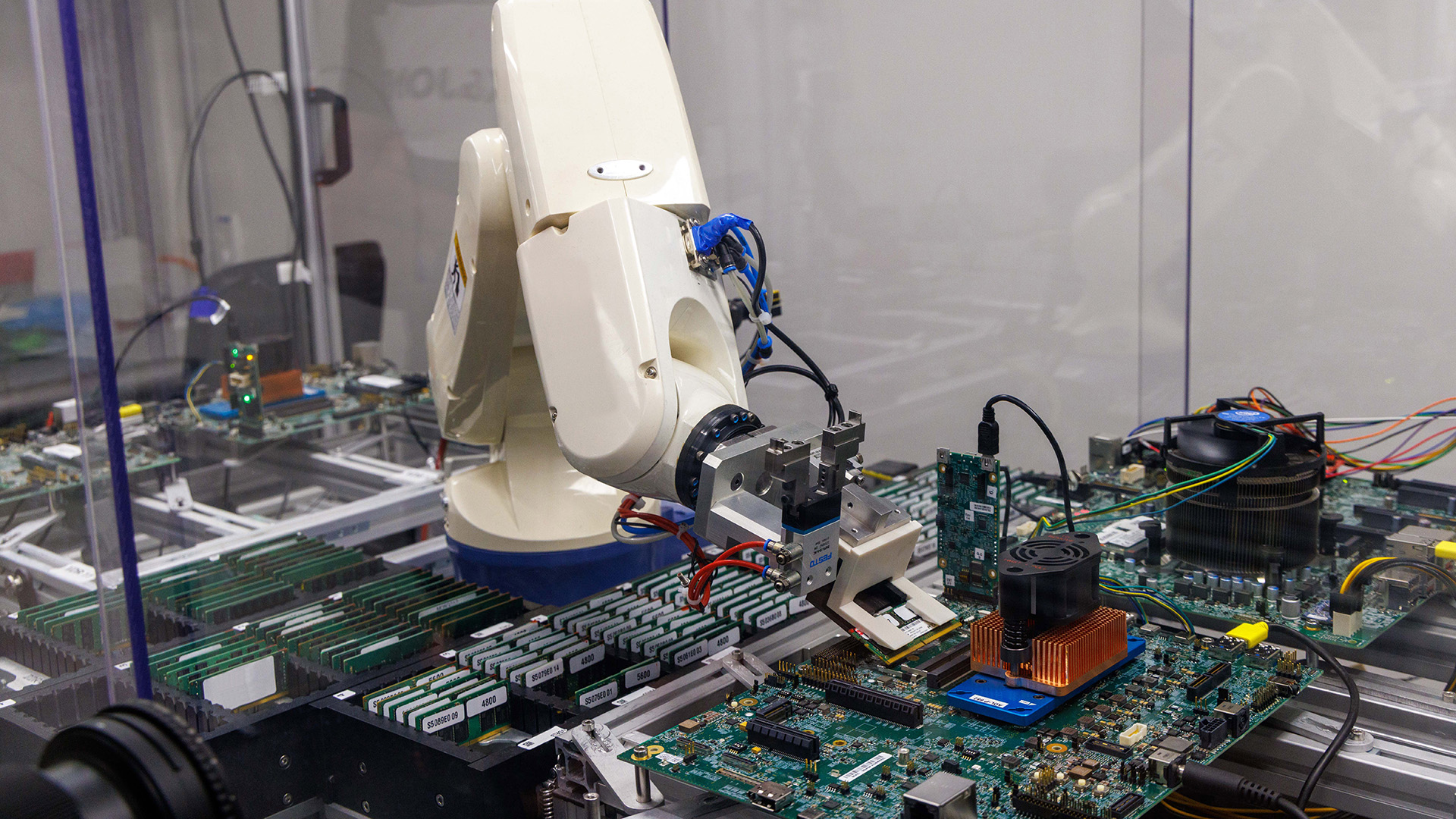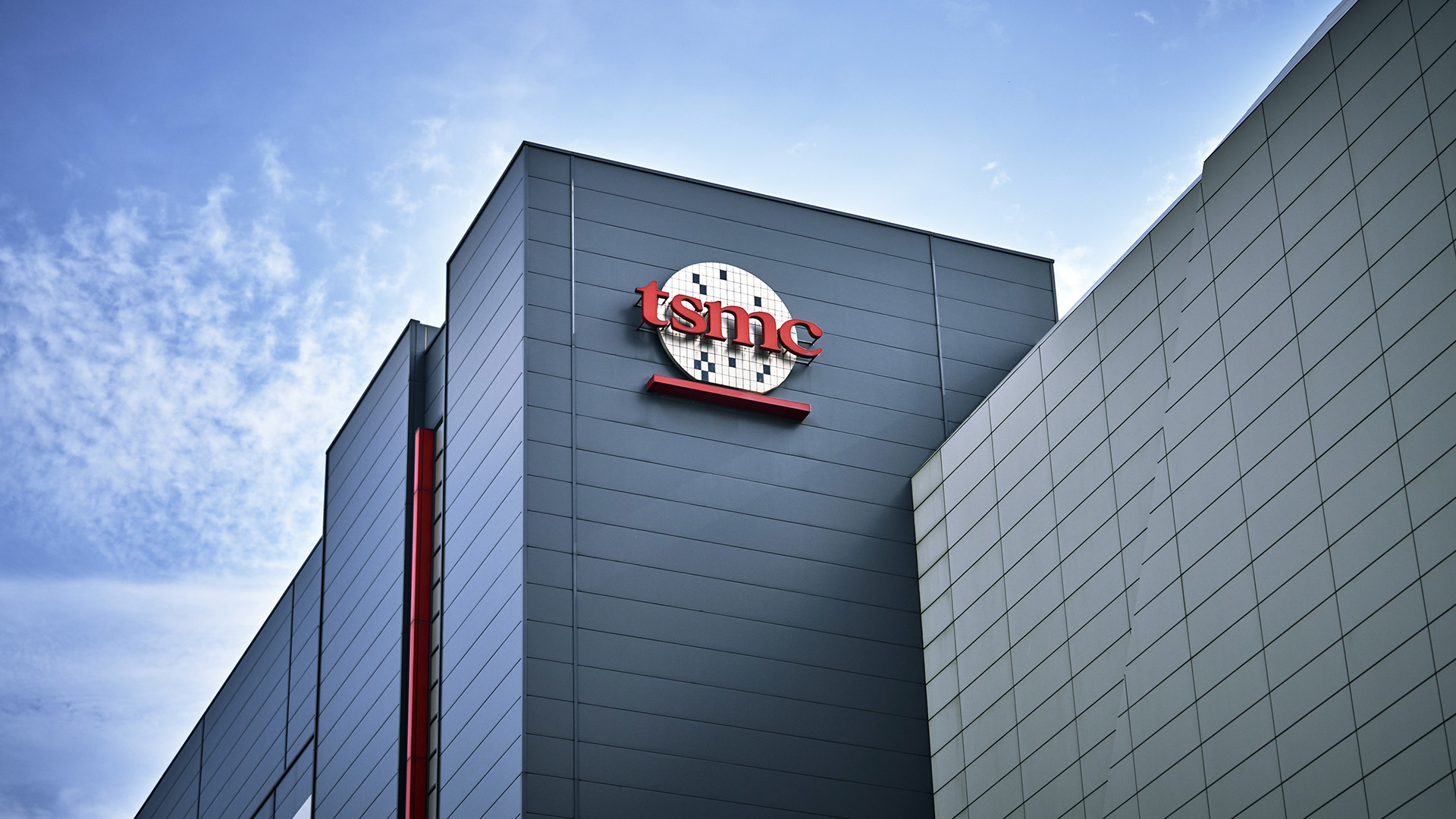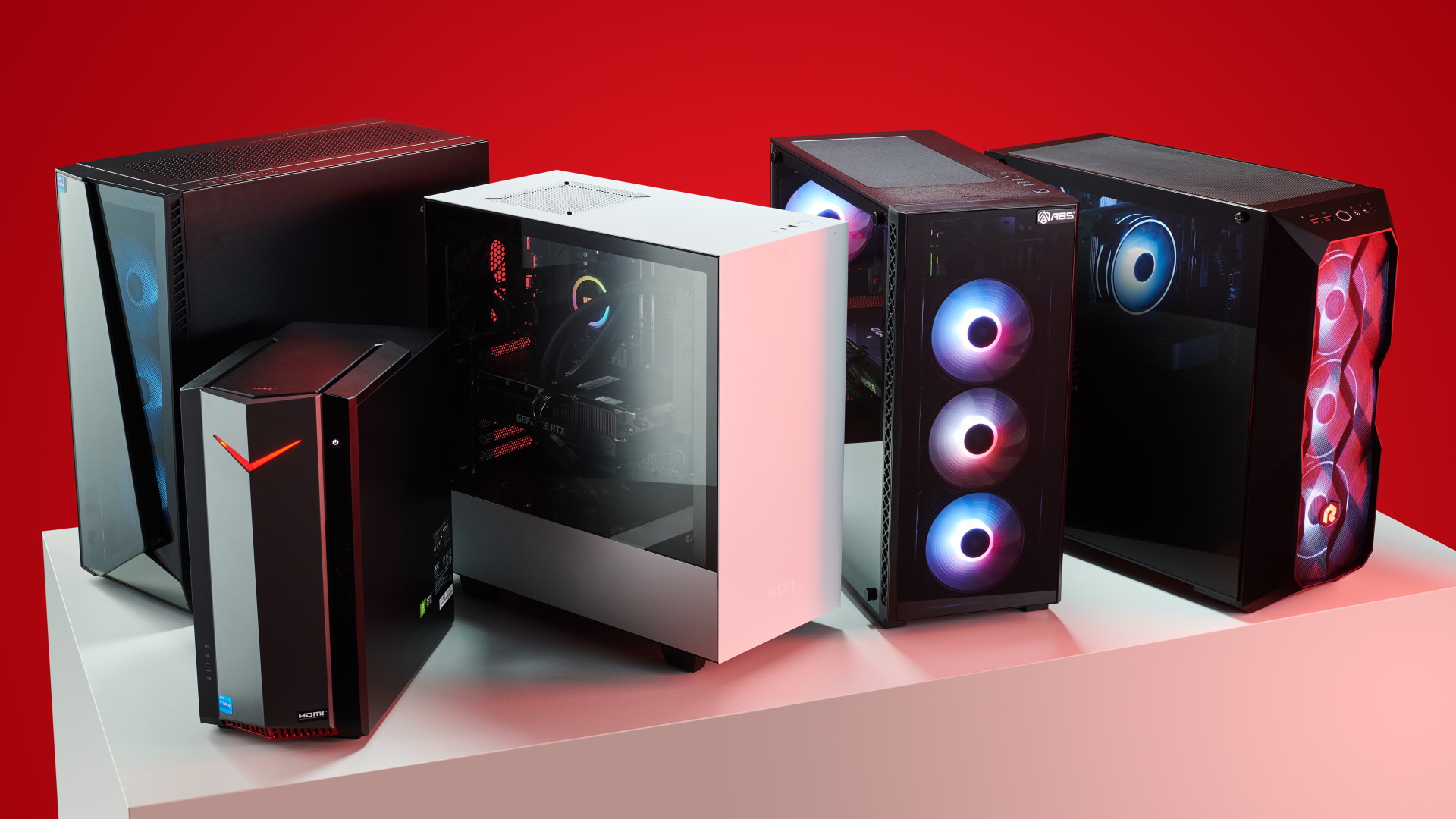
Just as cheap graphics cards are about to launch, too. They sure do know how to pick their moment.
After a few days of uncertainty, there’s now a more definite reason to believe that US tariffs will soon apply to currently exempted computer parts and semiconductors. That’s because the US is probing the “effects on the national security of imports of semiconductors and semiconductor manufacturing equipment (SME), and their derivative products” (via The Register).
The US Department of Commerce’s Notice of Request for Public Comments (NRPC), which is available to view on the Federal Register, ostensibly aiming to get public feedback for transparency and legitimacy, could be the precursor to legislative or regulatory action. The action in this case could, of course, be chip and electronics tariffs.
The Commerce Department’s NRPC explains: “On April 1, 2025, the Secretary of Commerce initiated an investigation under section 232 of the Trade Expansion Act (19 U.S.C. 1862) to determine the effects on national security of imports of semiconductors, semiconductor manufacturing equipment, and their derivative products.
“This includes, among other things, semiconductor substrates and bare wafers, legacy chips, leading-edge chips, microelectronics, and SME components. Derivative products include downstream products that contain semiconductors, such as those that make up the electronics supply chain.”
President Trump’s tariffs have been enacted on the basis of the 1962 Trade Expansion Act, Section 232. This Act allows tariffs to be implemented on the basis of national security. That’s why there’s reason to believe this probe into the national security implications of foreign semiconductor manufacturing could be used to attain justification for semiconductor tariffs.
This, of course, isn’t the first we’ve heard about such tariffs. Despite exemptions, Trump recently posted on Truth Social that these products are to move to a different tariff “bucket”. US Commerce Secretary Howard Lutnick also said these exempted computing products will soon be tariffed. It’s just, they say, that these things won’t fall into the same tariff bucket as the ones currently collecting moolah.
In other words, it looks like this probe could be figuring out the measurements for another new tariff bucket.
The NRPC lists a few things the Commerce Department is interested in, including “the extent to which domestic production of semiconductors can or is expected to be able to meet domestic demand”, “the extent to which domestic production of SME [semiconductor manufacturing equipment] can or is expected to be able to meet domestic demand”, and “what product types and node sizes could be built only using SME from U.S. companies.”
In addition to looking into what the domestic options are, there’s also request for comment on the “role of foreign fabrication and assembly, test and packaging facilities”, as well as “the potential for export restrictions by foreign nations, including the ability of foreign nations to weaponize their control over semiconductors and SME supply chains.”
Best gaming PC: The top pre-built machines.
Best gaming laptop: Great devices for mobile gaming.
That paints a clear enough picture: The US is looking into just how viable domestic chip production is and how many ripples moving away from foreign chip production will cause. All for ‘national security’, presumably.
It’s important to note that this probe is also looking into “downstream products that contain semiconductors, such as those that make up the electronics supply chain”, not just chips themselves.
Which really means that almost all of the PC hardware market could be at risk of price hikes, not just CPUs and GPUs. And if Nvidia saying there’s “not a whole lot we can do about tariffs” is anything to go by, then should this probe turn into lifted exemptions or new tariffs, there’s probably little anyone will be able to do about it, short of moving production into the US.
And that is, presumably, the end-goal here: to base production in the US. TSMC already has its Arizona plant, and Nvidia is set to build AI chips and supercomputers in the US, but much, much production is still done abroad, and shifting this would take quite some time.
Only time will tell where things end up, but I’ll throw my hat into the ring with some wild speculation: I don’t think our PC gaming electronics are about to get any cheaper.






